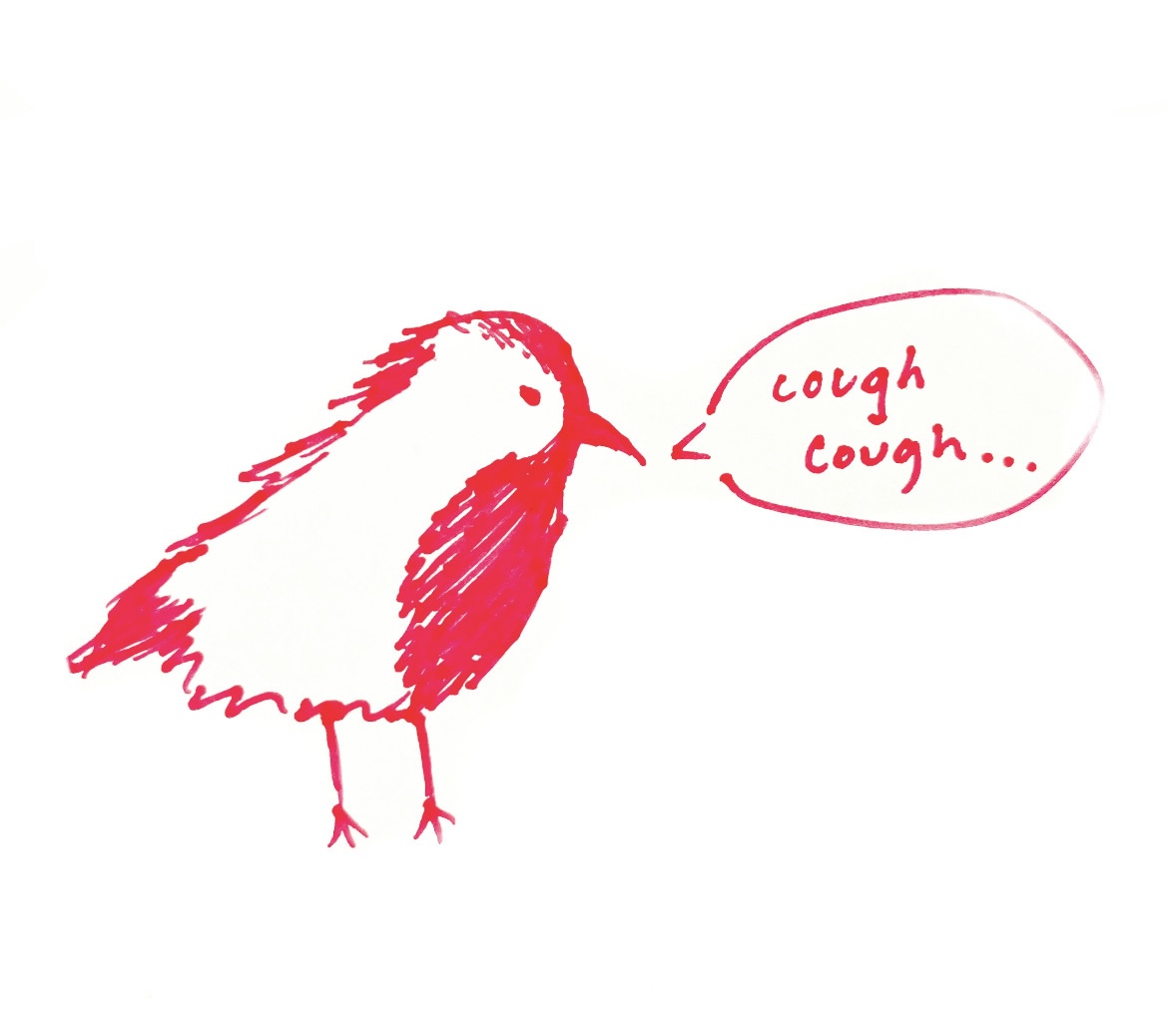Before writing her bestselling erotica novel, author and “Twilight Saga” fanatic E.L. James traveled to Washington to gain more inspiration for a “Twilight”-esque trilogy that she planned to write. After taking a few very unforgiving wrong turns, James ended up in Walla Walla and consequently Whitman College for an afternoon. It took just one short afternoon on campus for James to be compelled enough to find her needed inspiration for her book.
“[At Whitman] I was struck by how many white students there were,” said James in a recent interview. But as she later explained, she still considered Whitman diverse because of the many “varieties and shades of white students I saw.”
This prompted her to write a compelling story titled “Fifty Shades of White,” which details the struggles that one girl has in differentiating between the vampire’s white skin tones and other white students’ skin tones at an unspecified college. James’ friends told her to consider changing the plot to make it more appealing to readers, so she switched the title of the book to its current name and then “altered” the plot to focus more on the sexual escapades of two characters with an emphasis on erotic BDSM scenes. There are some readers who claim they still see the influence of James’ Whitman visit.
Upon hearing the shout-out to Whitman, an unknowingly confused but nonetheless excited President Bridges commented on the book.
“To have a novel of this quality and fame be influenced by this college is not surprising but nevertheless makes me proud. I am strongly considering making this novel a mandatory read for all incoming students and faculty to help illustrate what makes Whitman great!” said Bridges.
When asked if he had actually read the erotic novel himself, the president mumbled an incomprehensible, ambiguous-sounding response.






Maura Walsh '78 • Oct 12, 2012 at 3:51 pm
That quote from Bridges could have come from a Stephen Colbert interview
bridget • Sep 23, 2012 at 11:56 am
this is hands down the funniest thing to happen in the whitman pioneer ever
“But as she later explained, she still considered Whitman diverse because of the many “varieties and shades of white students I saw.—